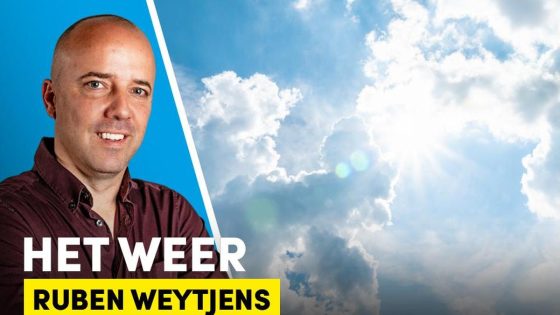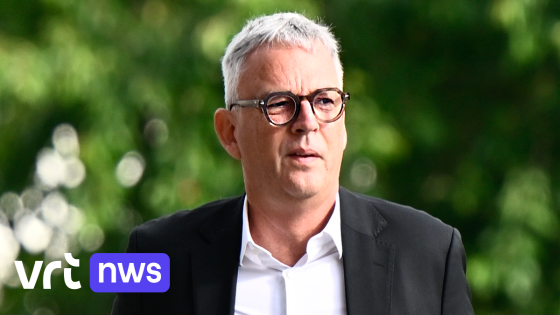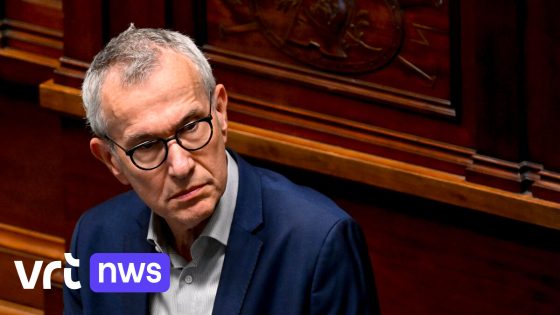Belgian politics continues to evolve, with key figures reshaping the landscape after recent elections. On 2025-05-26 10:20:00, Maxime Prévot, now Belgium’s Foreign Minister, shared his thoughts on Bart De Wever’s rise to premiership. Initially skeptical, Prévot has come to recognize De Wever’s legitimacy and impact.
- Maxime Prévot expressed initial doubts about De Wever
- Prévot became Foreign Affairs minister under De Wever
- Prévot compares De Wever’s rise to pope appointment
- Most Walloons accept De Wever as legitimate premier
- De Wever credited for winning elections and blocking far-right
- Prévot notes public curiosity about De Wever’s character
Prévot, formerly chairman of Les Engagés, admitted he once found the idea of De Wever as prime minister unimaginable. Yet, he now praises De Wever’s ability to perform well in office, highlighting the premier’s role in uniting Belgium and countering far-right influences. This shift in perspective sparks questions about political adaptability and public perception.
How do Belgians view De Wever’s leadership today? And what does this mean for Belgium’s political future? The following fast answer sheds light on the local implications.
Prévot’s change of heart invites reflection on political dynamics in Belgium. Is it common for politicians to revise their opinions so publicly? His remarks also underline the importance of leadership style and public image in gaining trust. Key points include:
- De Wever’s electoral win solidifies his legitimacy among many Walloons.
- Concerns remain about his personality and unconventional attire.
- Prévot’s endorsement signals potential for greater cooperation across political divides.
As Belgium moves forward, citizens and politicians alike must ask: can political rivals become partners? And how will this evolving acceptance influence the country’s stability? Staying informed and engaged remains essential for Belgium’s democratic future.































